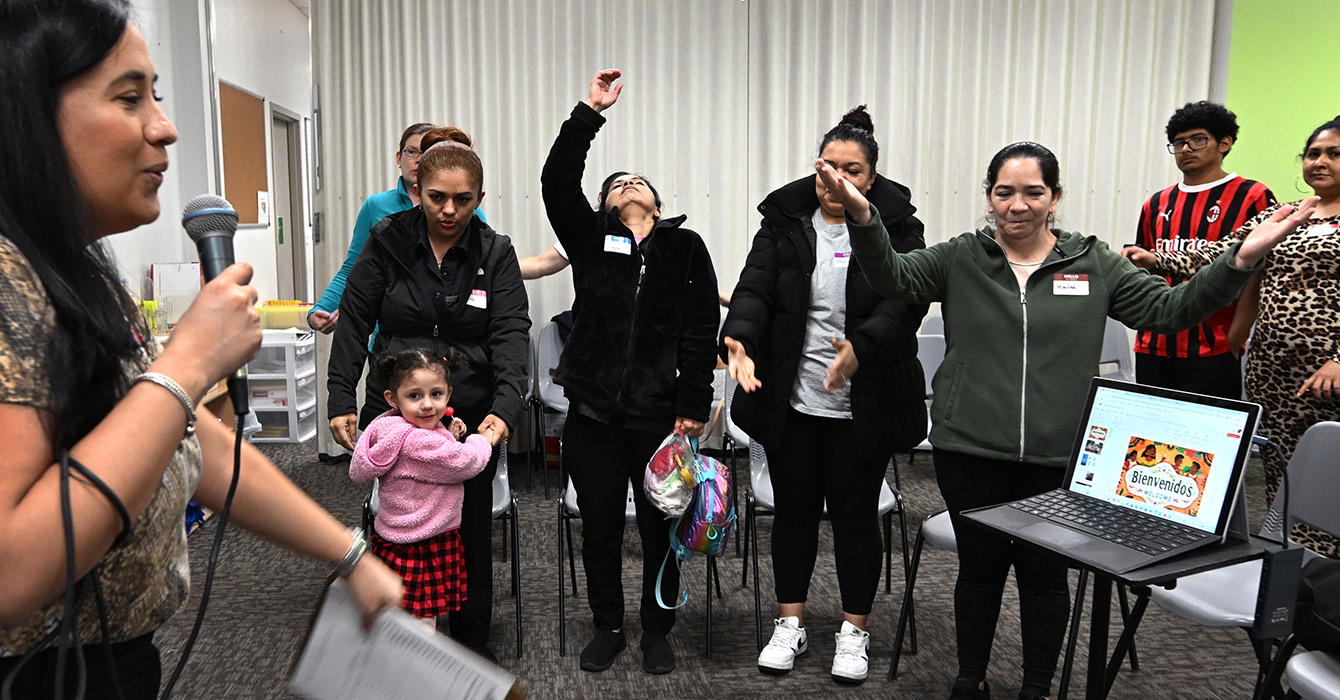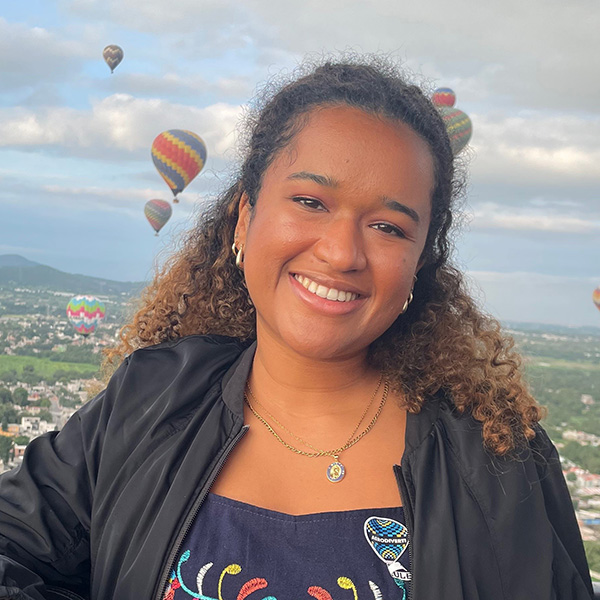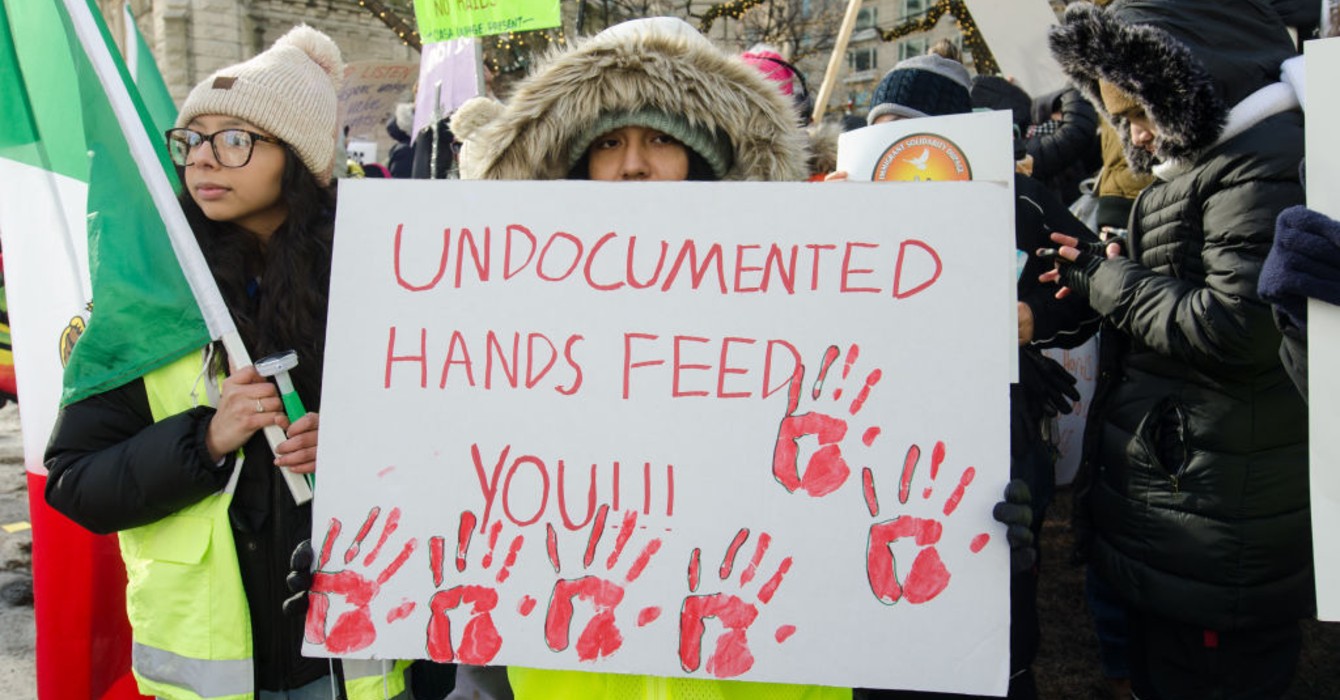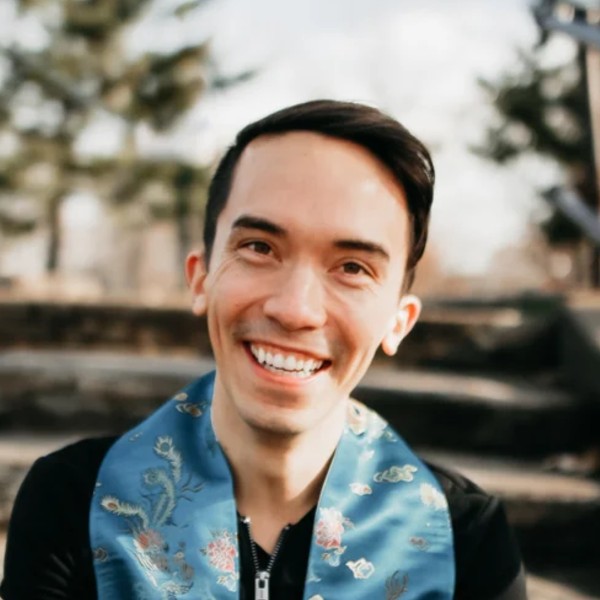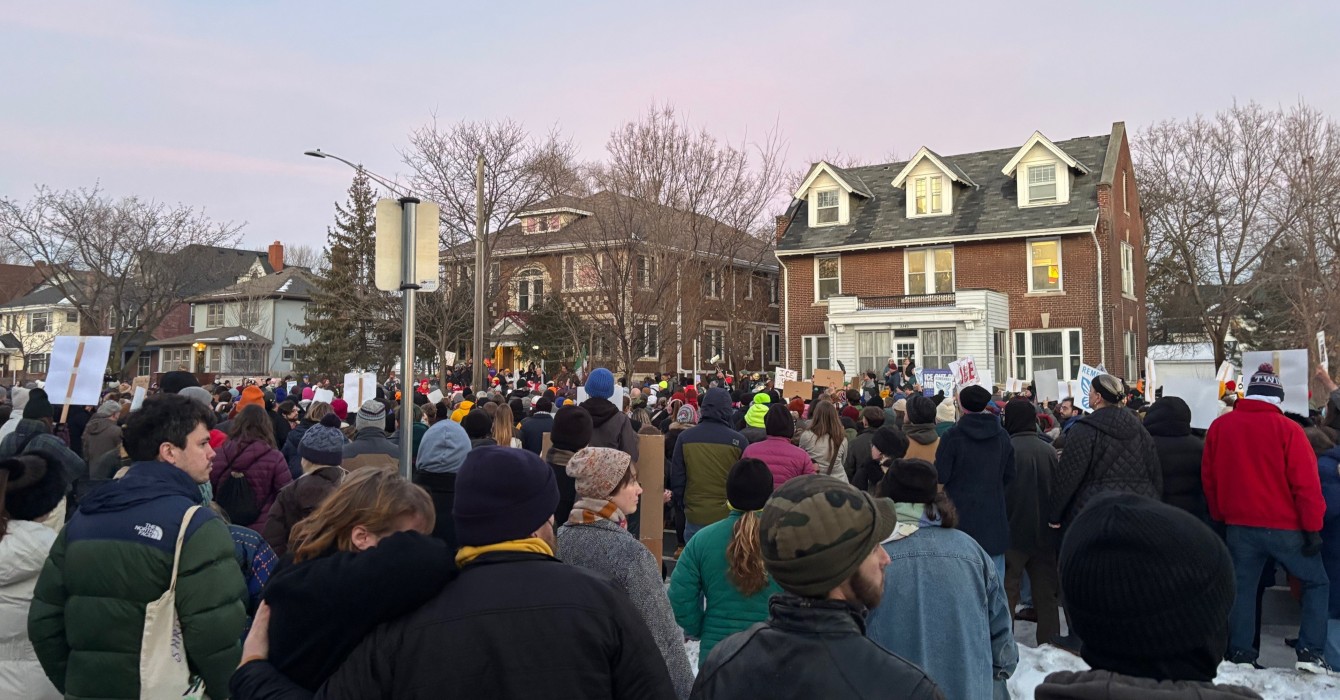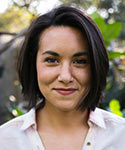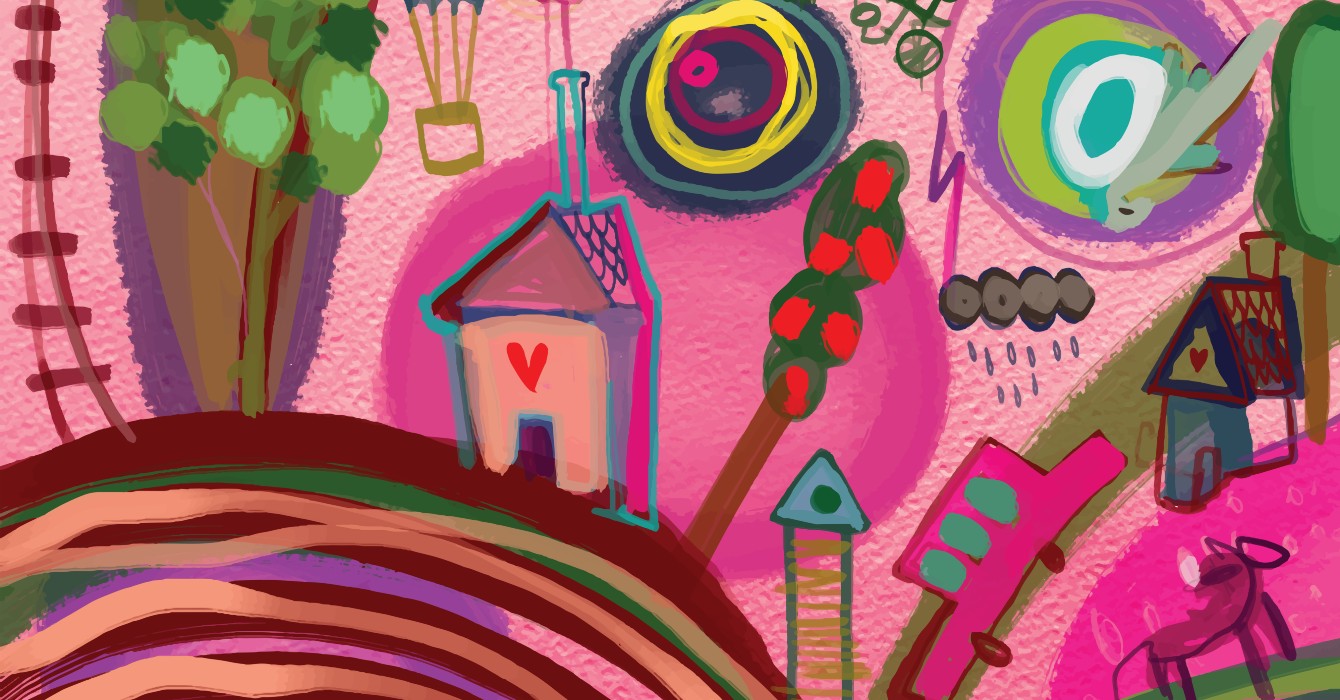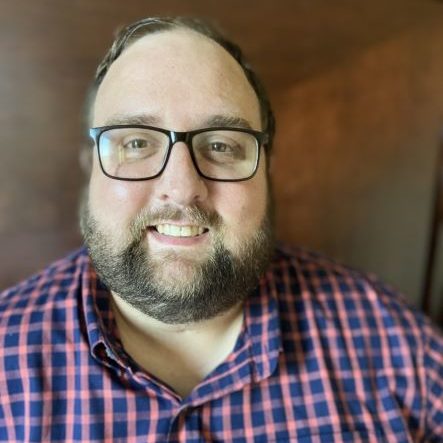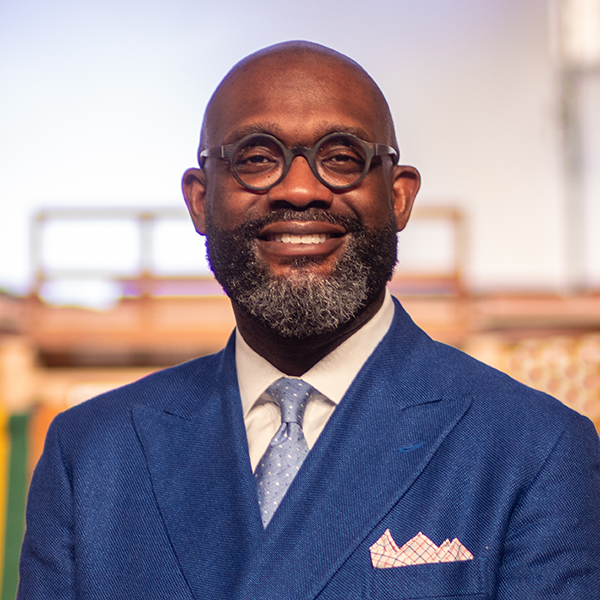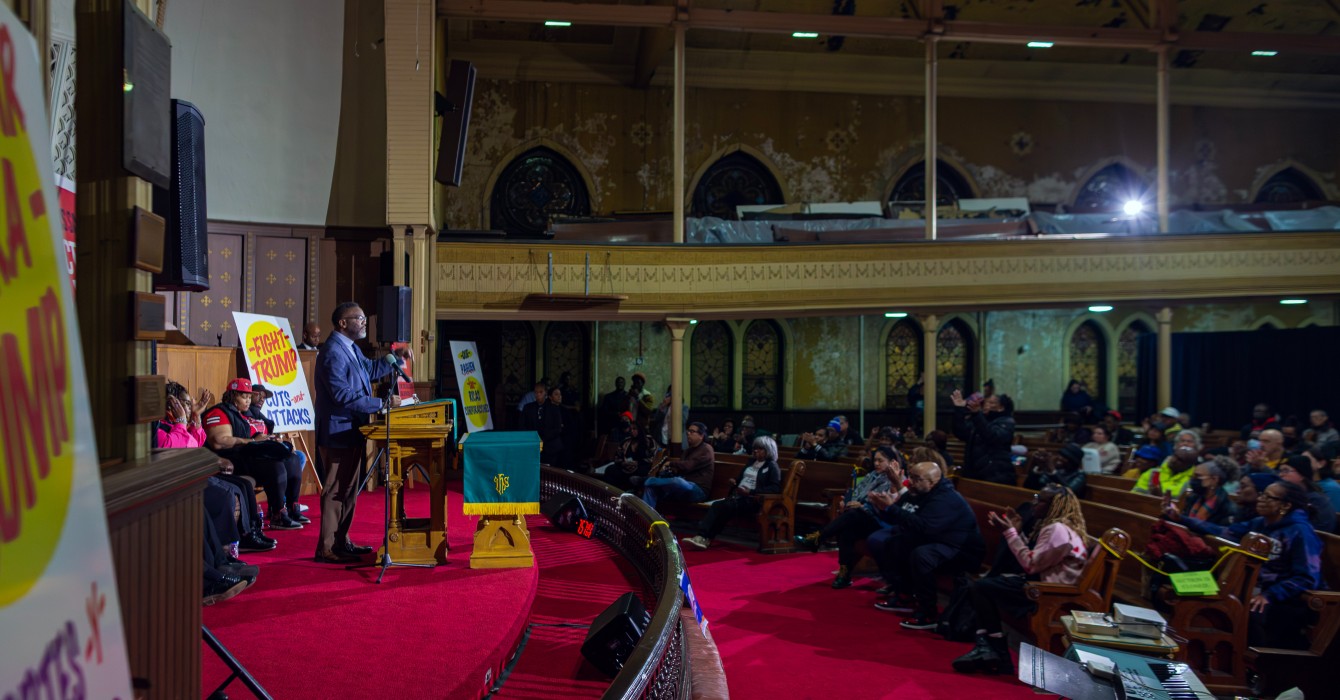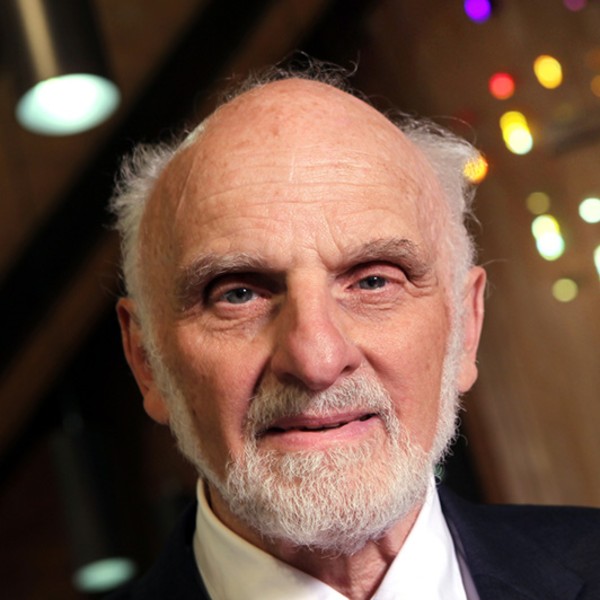Liz Arrazola officially moved to the United States in January 2017, the same month that Donald Trump began his first term as president.
At the time, the 27-year-old was still struggling with being identified as an immigrant, feeling the weight of the stigma and stereotypes associated with the label and the growing rhetoric against immigrants from certain countries.
“It was una golpe de realidad,” a reality check, she said.
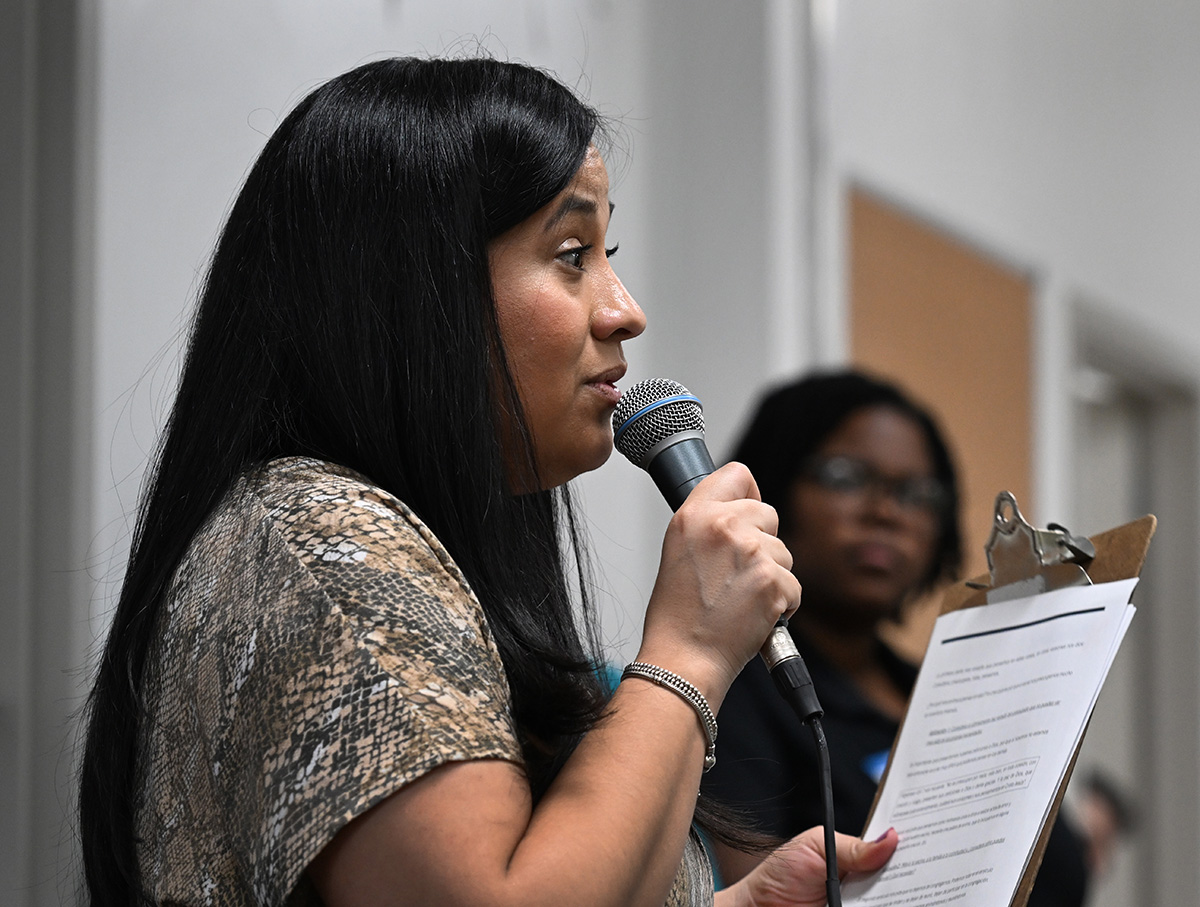
But two years prior, Arrazola had visited Alexandria, Virginia, for the first time, attending a church service while there. The sermon was about serving — not just one’s fellow church members but one’s entire community.
Afterward, a panel including representatives from a local, faith-based nonprofit called Casa Chirilagua discussed its mission and programs. Arrazola was inspired by the stories and examples she heard and told herself that if she ever moved to the United States, she’d want to work with the organization.
Once she immigrated from Guadalajara, Mexico, it took a few months for her to receive permission to work. Arrazola remembers asking, “Where do you want me, God?” and recalling her determination to work at Casa Chirilagua following that sermon from years prior.
Now, Arrazola is the director of adult leadership for the organization, which serves mainly Central American families in Alexandria, a community of 155,000 just 7 miles south of the nation’s capital. The organization’s name refers to the neighborhood where it’s located, Chirilagua, taken from a city in El Salvador.
Casa Chirilagua began in 2007 when three women moved to the area to put into practice their desire to live in community with their neighbors. Dawnielle Miller, Julia Simerly and Emily Mancia rented an apartment in front of a playground, where they saw kids playing together frequently. Despite not speaking Spanish fluently, the women assessed the needs of the neighborhood, which led to a kids reading club forming in their apartment.
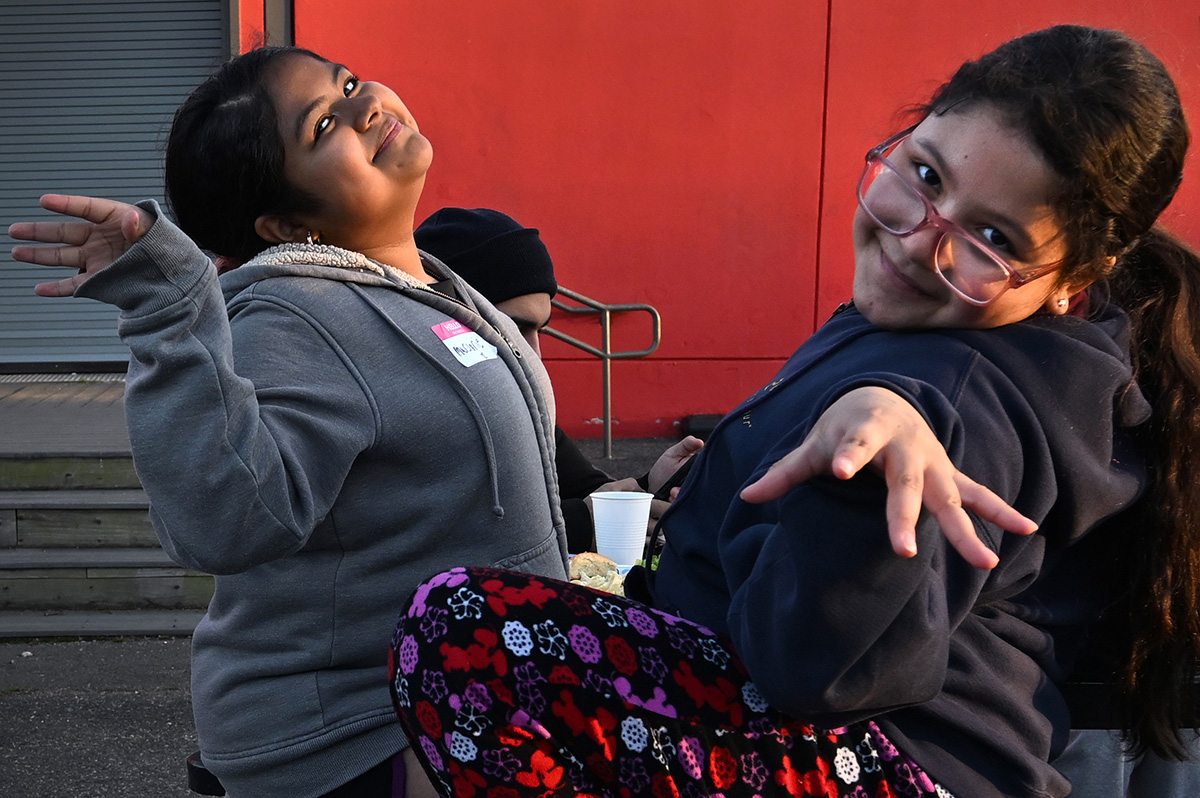
The values the women practiced — living in community, locating needs, listening to concerns, learning along the way and loving their neighbors — became the foundation for Casa Chirilagua, which became a formal nonprofit within two years.
Now, the organization acts as a community hub. Staff members and volunteers host a variety of outreach programs, ranging from the popular kids club, which meets after school, to family engagement opportunities that involve multiple generations and aim to build relationships with the whole household. Some also work on case management with individual families, connecting them with other community resources if they are struggling to pay rent or have questions about the immigration process, for example.
The organization also works closely with city partners who have the tools and infrastructure to deal with problems or concerns residents have, seeing no reason to replicate what’s already available.
“There’s an understanding that it takes a village, so to speak,” said Maria McDonald, who works with Kids’ First Years, which connects young children and families in Alexandria with care and education resources.
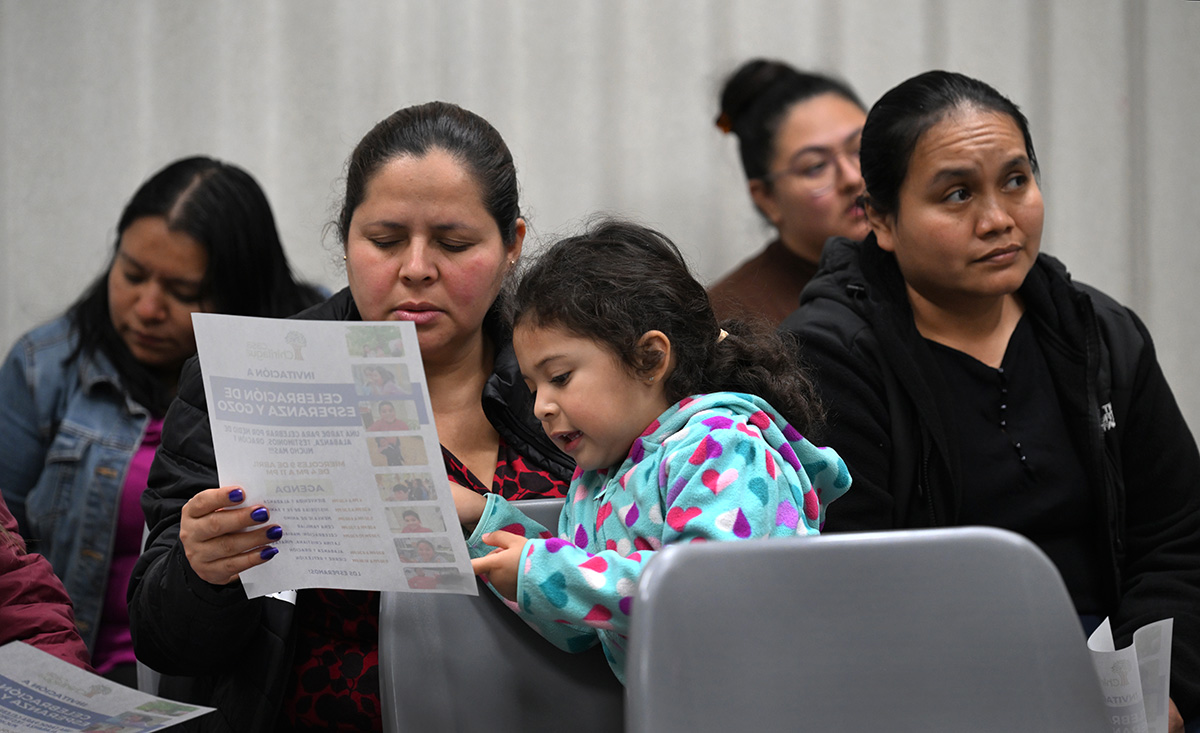
The organization first worked with Casa Chirilagua to provide a community baby shower in 2021 and has since kept up the tradition quarterly. They also host weekly play groups and come to events to spread word of additional resources.
“Whenever I’m here, I’m just struck by the sense that this is such a family,” McDonald said. “It’s a community, and you can see how they support one another and celebrate one another. It’s really beautiful to witness.”
But above all, the Casa Chirilagua staff wants to give members a chance to build connections with each other and celebrate. Immigrating can be a lonely experience, and fear can make people not want to reach out and ask for help, Arrazola said.
Borders and walls, she added, are not biblical. Sharing, helping, caring for neighbors — these are the real foundational and faithful principles.
“People are living in fear, and because you’re living in fear, you’re probably going to close [off] or go inwards: ‘I don’t want anyone coming here,’” she said, making small walls with her hands on the table.
“I understand what [they’re] saying, but what is Jesus asking us to do? What is God asking us to do? It’s quite the opposite — to be patient, to love our neighbors, to share kindness.”
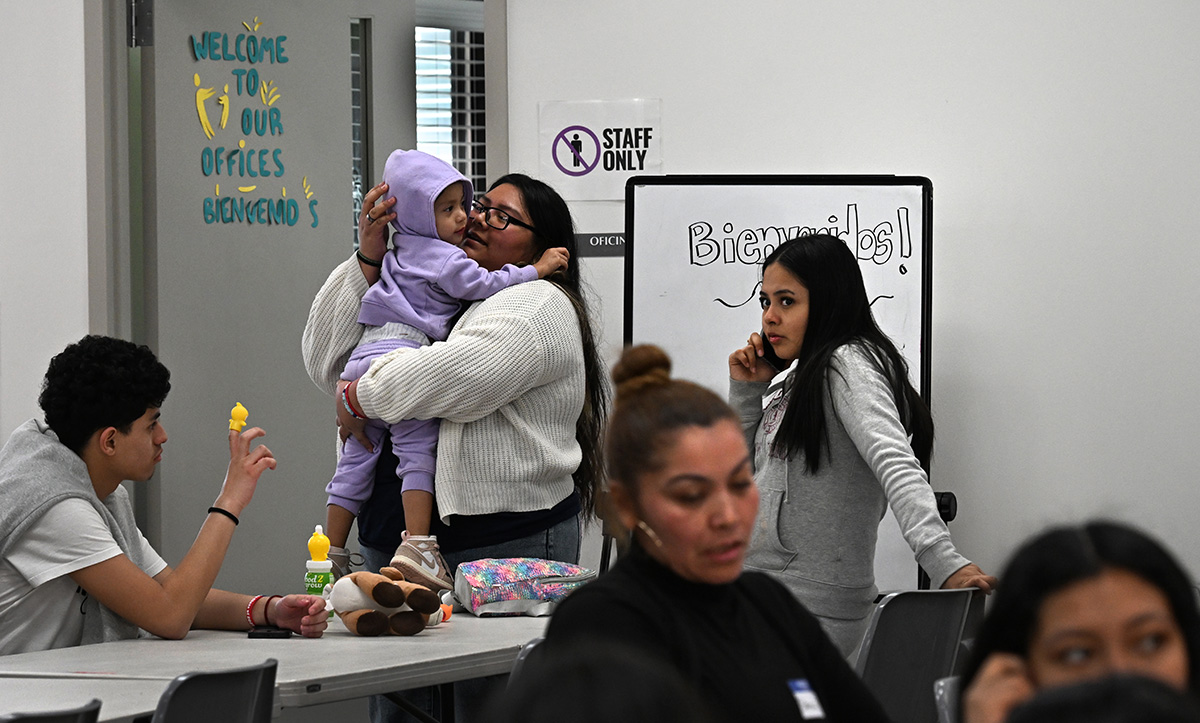
What core values underpin your organization’s work?
That message was the central theme of one of Arrazola’s parent group meetings earlier this year. Women filed into a room in the evening, sitting across from each other in a semicircle of chairs with Arrazola at the center.
As she struggled to set up a projector for a PowerPoint — “If it’s not this issue, it’s something else,” she joked — young children babbled with their families, and friends greeted each other in Spanish, catching up on the day.
Forgoing the projector setup, Arrazola led the group in a breathing exercise and a prayer.
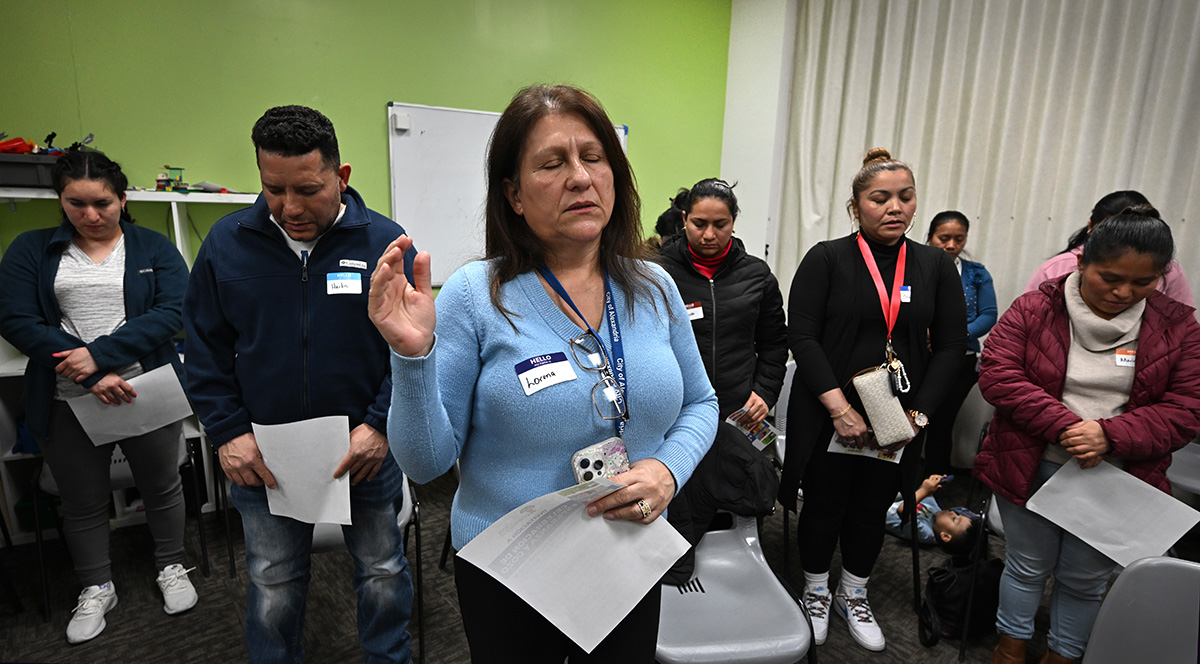
Then she asked the two dozen attendees to consider Hebrews 10:24-25: “And let us consider how we may spur one another on toward love and good deeds, not giving up meeting together, as some are in the habit of doing, but encouraging one another — and all the more as you see the Day approaching” (NIV).
She linked how early followers of Christ felt to how some in the group must feel these days: persecuted, fearful, isolated. She pointed to the action verbs in the verse — spur, encouraging — in spite of feeling tired or stressed.
“What generally happens is we tend to isolate, right? We go deep into ourselves with our worries. This is very common — everything suddenly becomes what’s around us, nothing exists outside of ourselves,” she said in Spanish. “My problems, my load, my feelings — and all of that is valid. God wants us to bring that to his feet.”
What does it mean to love our immigrant neighbors at this time?
“The author [of Hebrews] is telling readers to remember others, even in the face of our own problems: a harsh winter, a new presidential administration,” Arrazola said, garnering nods from the group gathered around her.
Trump filters into many conversations Casa Chirilagua staff and connected community advocates are having these days. Witnessing the administration transitions under Barack Obama, Joe Biden and Donald Trump, Arrazola said she’s noticed a tonal shift among community members.
Do your own problems cause you to feel fear or exhaustion?
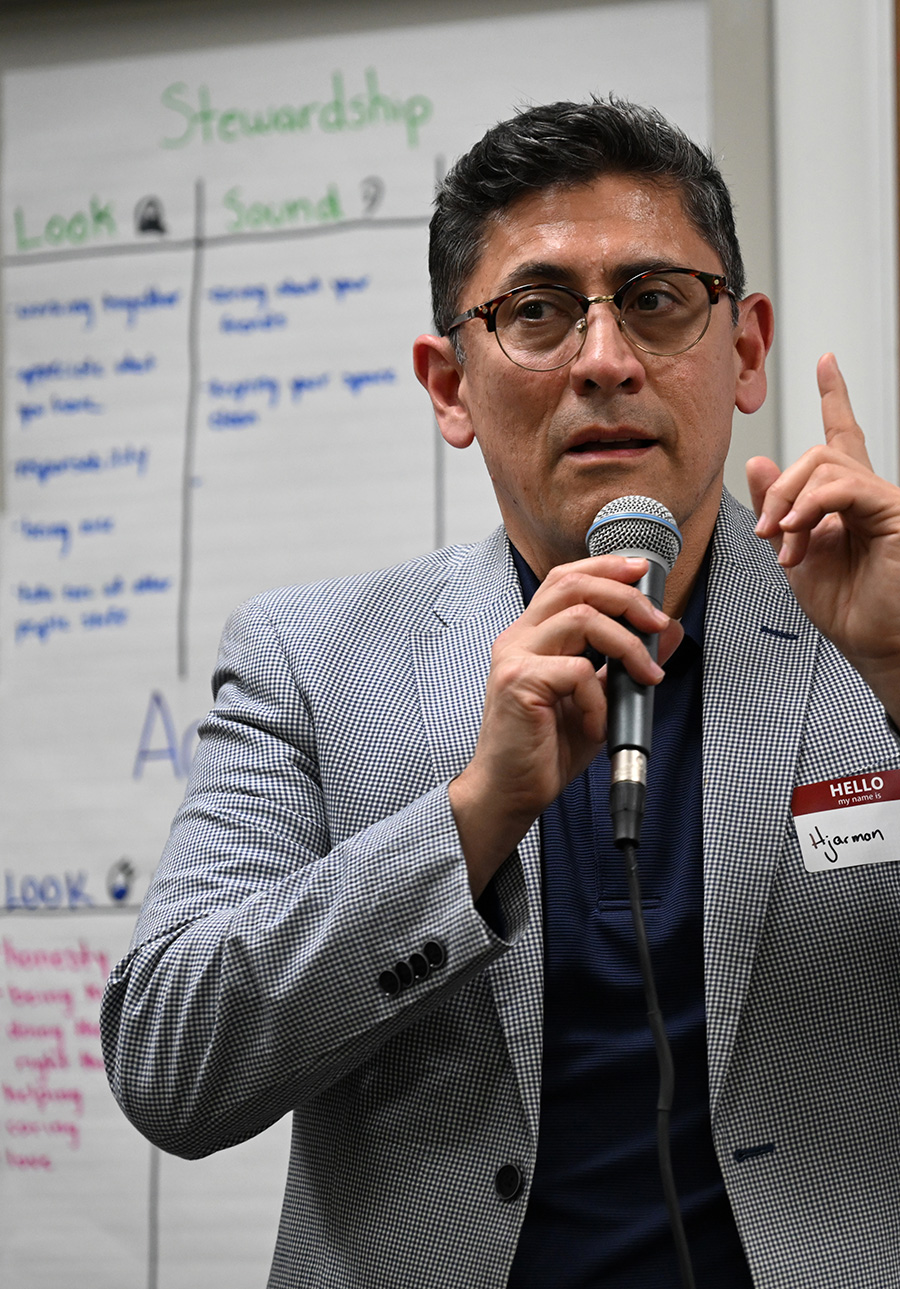
Even though the threat of deportation and safety concerns have been present regardless of political party, this year has felt different. She and other staff have had to read up on constantly changing executive orders and to navigate the fears and misconceptions residents bring to them. They started giving bimonthly presentations to educate the community.
A woman who works for the city government recently pleaded with parents to call in domestic violence and abuse cases; starting in January, reports plummeted, perhaps related to a fear of police and causing additional trouble.
These extra steps to warn residents about the nuances of today’s immigration system fit in with the original goal of Casa Chirilagua — connecting community members — yet are outside the scope of what many staff members expected they’d have to do.
But the organization still is focused on sharing information as well as cultivating joy. During that meeting earlier this year, advocates from other city groups discussed initiatives like afterschool computer-coding programs, colon cancer screening kits and a new Casa Chirilagua running and walking club.
Lesly, who immigrated from Quetzaltenango, Guatemala, four years ago, heard about the organization from a neighbor and a family member. She now works as a volunteer with the parents board, which meets regularly to collaborate and plan events.
Lesly said it’s been nice to be involved and create new friendships through giving back, adding that the faith aspect is present throughout Casa Chirilagua’s work, from the opening prayers to her children’s Bible studies.
But what has been most important is widening her scope of community and meeting people from other countries — an easy feat in Alexandria, which has seen a 200% increase in residents of color since 1990. Over half of the residents are people of color, with Latinos making up the fastest growing population.
“It helps me a lot. That’s what gives us more confidence — being able to walk around and greet each other. It’s beautiful, right?” Lesly said in Spanish.
Does your organization change as circumstances shift?
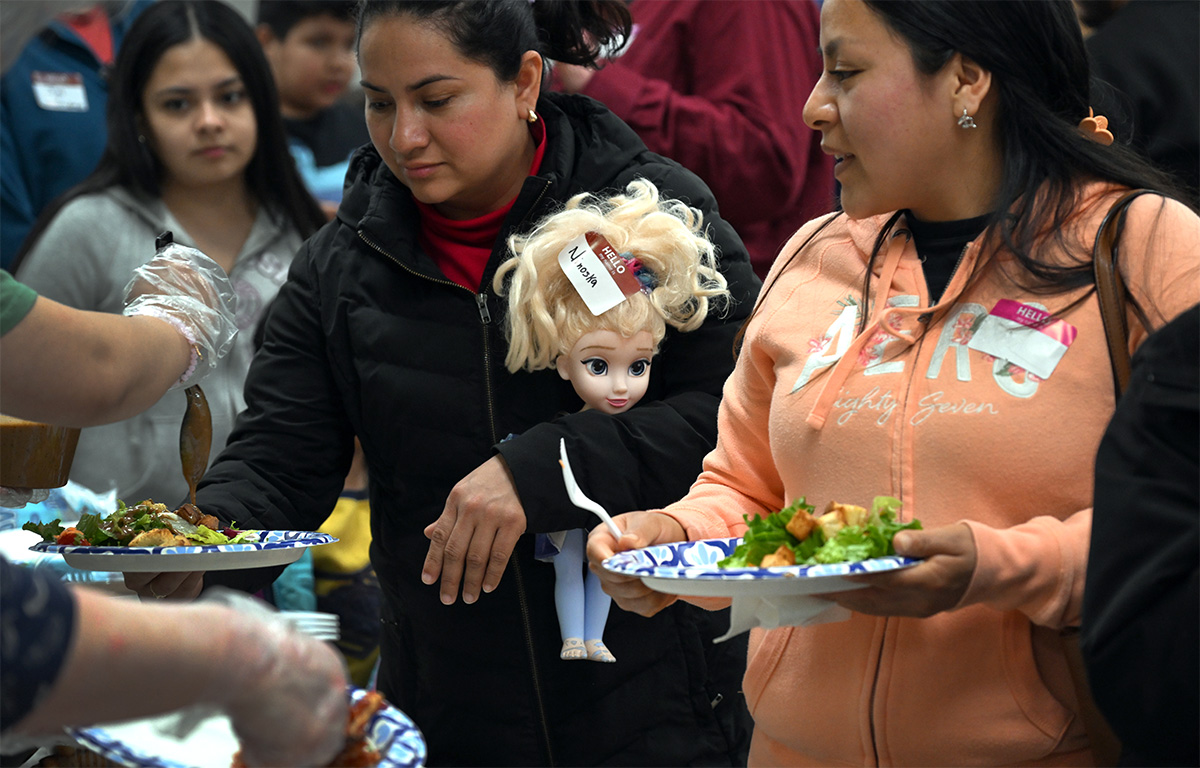
A bulletin board hangs in one of the meeting rooms, decorated with cutout logos of universities that local students have gone to: Maryland, Vanderbilt, Virginia, George Washington. The best part about being with the organization for so long is seeing the growth, Arrazola said. She remembers one first grader she began working with eight years ago, whose family has stayed with the organization through the child’s middle school years.
“We are running for the long shot, not for the short term. It moves slower, and that’s a difficult tension because the pace of the world is faster,” Arrazola said.
Are there people in your community who could benefit from support and connection?
“One thinks, in [achieving] outcomes, ‘faster’ — like, ‘Yeah, let’s eliminate poverty tomorrow.’ You want numbers fast, but sometimes, to change the culture, to empower communities, it takes years.”
Part of that change is Katherine Posada, a 21-year-old who has been working at Casa Chirilagua for three years. She grew up in the neighborhood and started volunteering with the program her senior year of high school. After a program director encouraged her to stay after she graduated — the first in her family to do so — Posada became the director of elementary leadership, which includes the kids club.
Does your organization feel the tension of producing short-term results for long-term issues?
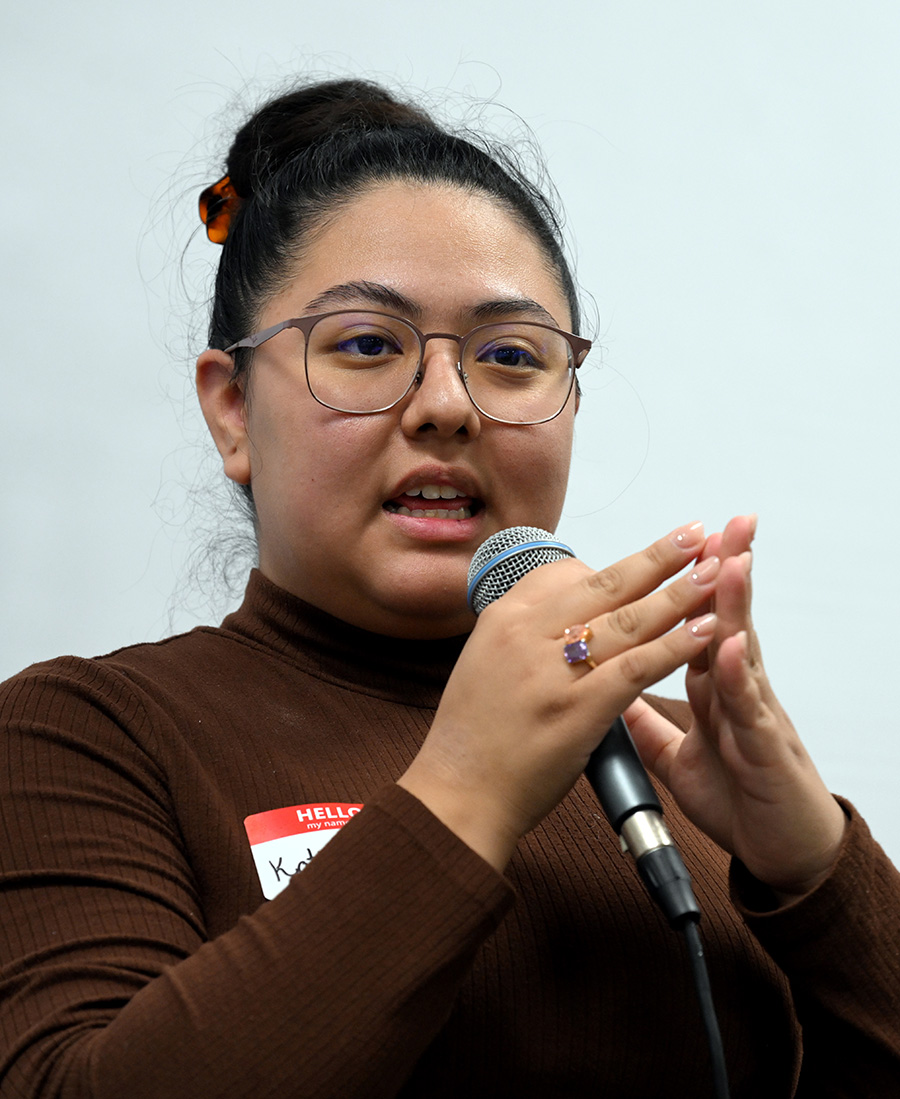
She said teaching is something she feels God has placed in her, combining with her own personal experiences to connect with the children in a unique way.
“Everything that I faced, everything that I went through, it’s because the Lord has helped me come to this place now,” Posada said. “With the younger kids, a lot of them do face adversity as I did when I was growing up. I want them to remember that at the end, it is the Lord who’s going to help them. They’re going to come out through all of it, so I want them to learn, to start building their faith.”
As someone who grew up in Alexandria, her Casa Chirilagua life and her home life are intertwined, Posada said. She always sees parents while grocery shopping or on walks, and many of her students have the same teachers she did. Building that trust has also allowed her to help parents get their children individualized education program (IEP) resources or additional support in school.
“Our mission and vision [are] super unique and different: not just that we’re faith-based but [that] we’re not just working with the kids,” Posada said. “We really want to work with the whole family — Mom, Dad, siblings, everyone, so that everyone can know and feel the love of God.”
Questions to consider
- What core values underpin your organization’s work?
- What does it mean to love our immigrant neighbors at this time?
- Do your own problems cause you to feel fear or exhaustion? What might help you deal with those feelings and help others?
- Does your organization change as circumstances shift? What work are you doing now that you didn’t expect?
- Are there people in your community who could benefit from support and connection? Are you in a position to offer it?
- Does your organization feel the tension of producing short-term results for long-term issues? How do you manage that tension?

